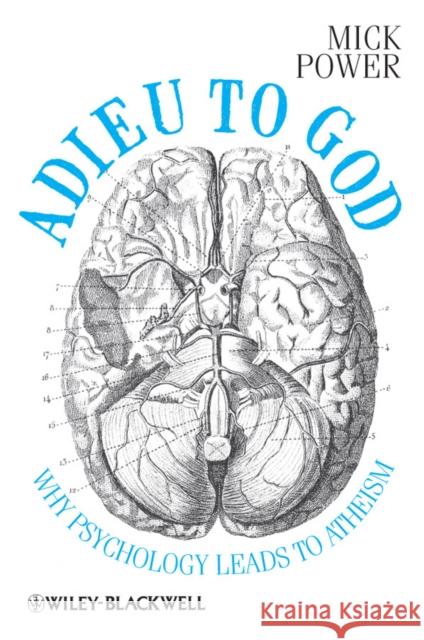Adieu to God: Why Psychology Leads to Atheism » książka
topmenu
Adieu to God: Why Psychology Leads to Atheism
ISBN-13: 9780470669945 / Angielski / Miękka / 2012 / 214 str.
Adieu to God examines atheism from a psychological perspective and reveals how religious phenomena and beliefs are psychological rather than supernatural in origin.
- Answers the psychological question of why, in the face of overwhelming scientific evidence to the contrary, do religions continue to prosper?
- Looks at atheism and religion using a fair and balanced approach based on the latest work in psychology, sociology, anthropology, psychiatry and medicine
- Acknowledges the many psychological benefits of religion while still questioning the validity of its supernatural belief systems and providing atheist alternatives to a fulfilling life











